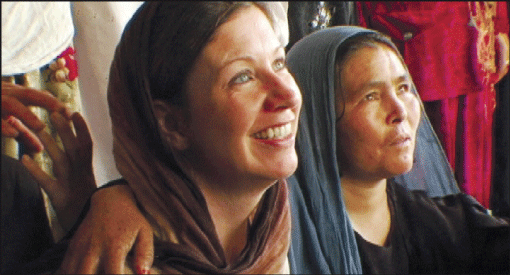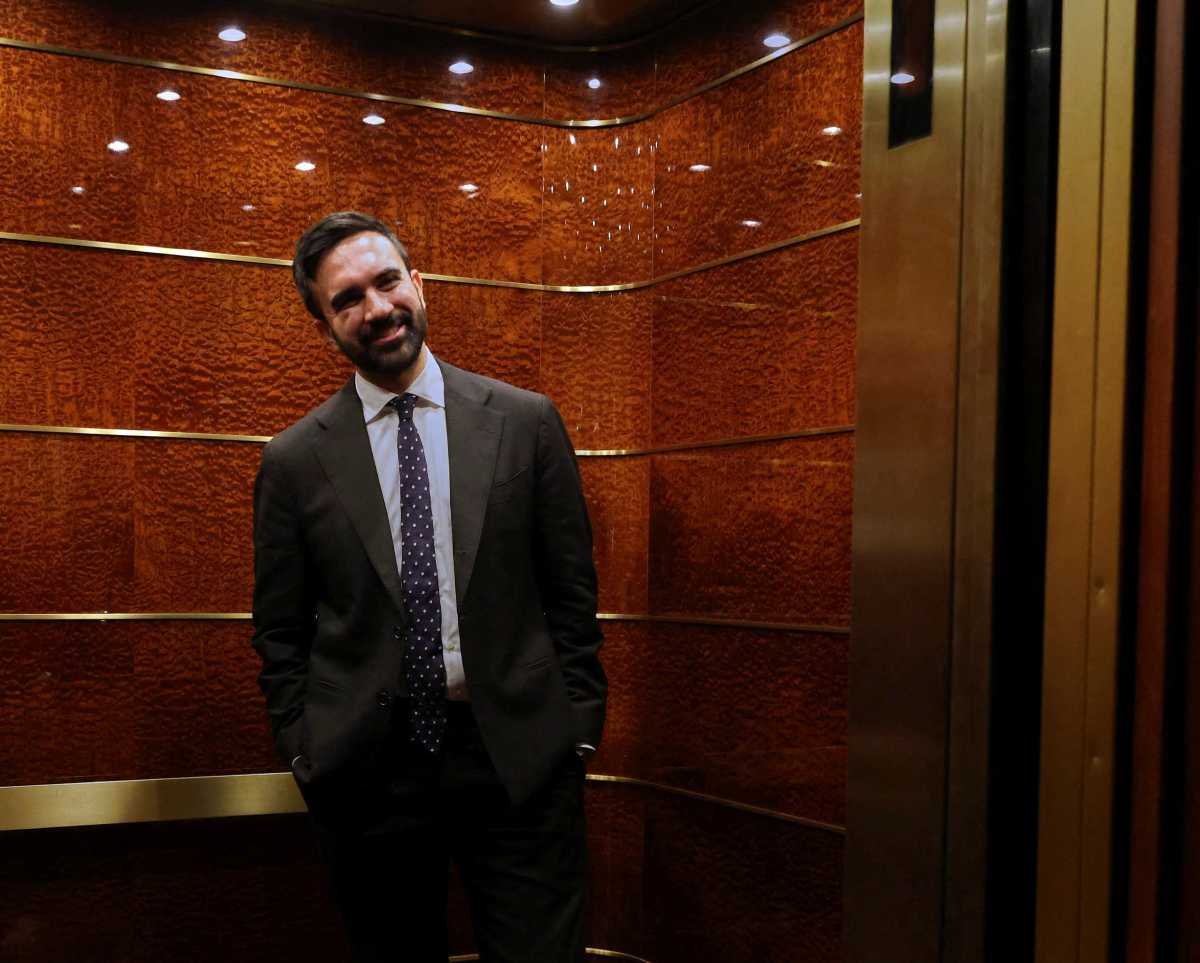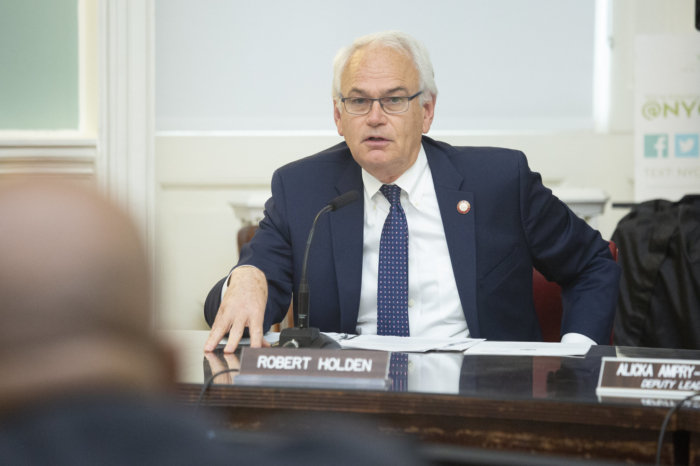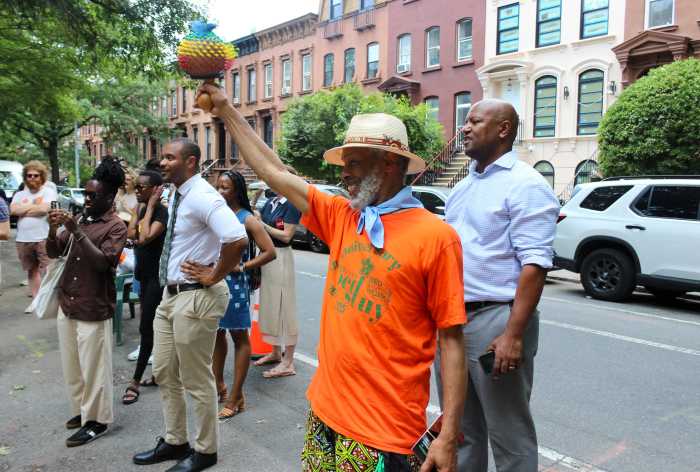By Sarah Norris
Two 9/11 widows transfer their support to women in Kabul
On September 11, 2001, Susan Retik and Patti Quigley, both of whom were pregnant, lost their husbands in separate plane crashes into the World Trade Center. Although their Boston suburbs are only one town apart, they had never met until shared tragedy brought them together.
“Beyond Belief,” Beth Murphy’s remarkable documentary that premiered at the 2007 Tribeca Film Festival, chronicles the women’s journey as they struggled to work through their rage and grief by transforming personal devastation into action. Upon learning that half a million widows reside in Afghanistan, Retik and Quigley established Beyond the 11th, a nonprofit organization, with the purpose of providing aid to widows in Kabul. The charitable effort, according to Quigley, was conceived to provide “a purpose beyond running away from reality.” She and Retik were grateful for the enormous outpouring of encouragement they had received. Recognizing it as a blessing unavailable to Afghan widows, they hoped to channel support to Kabul.
Beginning at Ground Zero on September 9, 2004, the women undertook a three-day, 250-mile bike ride back to Boston. Along the way, Retik confessed she had forgotten about the three-year anniversary. “Patti and I live with it every day,” she said while pedaling. “9/11 is a day for the rest of the world.” The ride raised more than $140,000—which was used to provide 400 widows with incubators and 15 chicks apiece. Selling between 15 and 25 eggs each week earns enough money to pay for children’s expenses.
“Beyond Belief” includes vital statistics about the literacy rate among Afghan women (eight percent) and the average monthly earnings for a female-led household ($16) versus its male-led counterpart ($46). During a speech at a Massachusetts police academy, Retik and Quigley were asked by cadets why they didn’t focus on people in the U.S. instead. Retik explained that even though the 9/11 terrorists were trained in Afghanistan, not a single one was actually born there. Secondly, she said, “Before 9/11, I couldn’t have told you where Afghanistan was on a map. The world has gotten a lot smaller since then.” She felt that the only way to end terrorism was to extend compassion instead of violence. Hoping to meet and forge connections with Afghan widows, Retik and Quigley decided to travel to Afghanistan.
In May 2005, a year before their departure, Clementina Cantoni, the Italian CARE worker with whom they were working, was abducted at gunpoint in Kabul. Though she was released unharmed three weeks later, the kidnapping shocked Retik and Quigley. Before departing for Afghanistan, Retik’s oldest daughter asked her mother if she was going to die on her trip and Retik, obviously shaken, answered honestly: “I really, really, really don’t think so.”
In Afghanistan, footage captures the day-to-day life in Kabul, featuring interviews with the widows and aid workers as well as footage of the interaction with the American widows. The single mothers—and unsung heroes—persevere in the face of massive obstacles.
“Three of my children died from starvation,” says one of the Afghan widows to Retik and Quigley. “I want to thank my sisters very much.”
Valuable and uplifting, “Beyond Belief” is the kind of film with the power to change lives. In the face of apathy and bad news saturation, Murphy was inspired to film this story because it exemplifies the ways in which we are all inextricably connected and responsible for one another. The world may have become smaller, but every turn offers room for greater perspective.







































